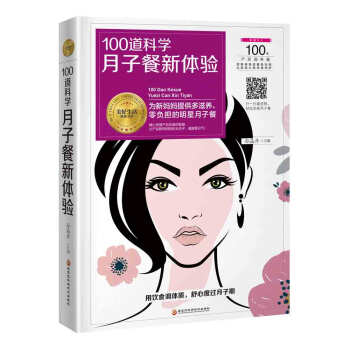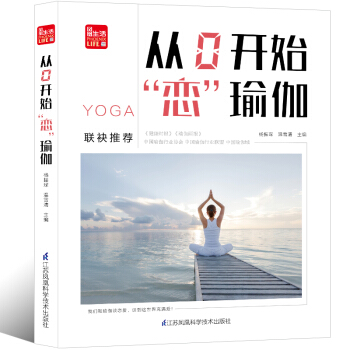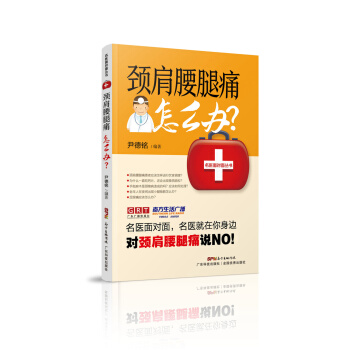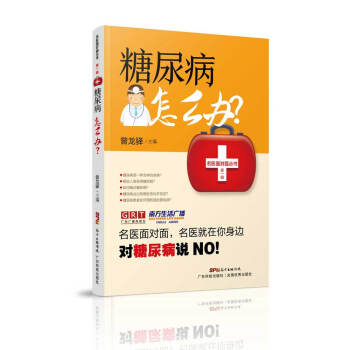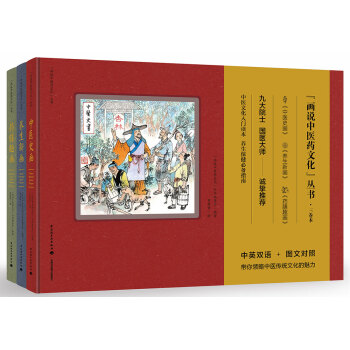

具体描述
内容简介
“画说中医药文化”丛书是第一部将中医药文化与中国传统连环画完美结合的图书作品,中英文双语对照,包含《中医史画》、《养生新画》、《药膳趣画》3本图书,丛书希望以通俗易懂的语言、形象生动的绘画让更多人了解中国文化的瑰宝——中医药文化,并通过“一带一路”促进中医药走向世界;也同时传承了中国独有的艺术形式——连环画。
全书以中医历史故事为主线,全景式地展现中医发展的历史概貌,始于原始人对火的使用,以及从大自然中发现本草的药用价值,而历朝历代都有杰出的人才为中医发展做出伟大贡献,扁鹊、华佗、张仲景、孙思邈……一代又一代名医,不仅丰富了中医的理论宝库,更用悬壶济世的行为弘扬了中国传统文化的优良品质。
本丛书已被列为上海市卫计委中医药发展办公室和世界中医药学会联合会推荐科普读物。
作者简介
本丛书编写由上海浦东新区中医药文化发展专委会发起,以上海中医药大学专家为骨干,汇聚中医界、科普界、出版界专业人士共同完成。编写过程中更得到了世界中医药学会联合会,以及多位院士、国医大师的指导。
范慧敏(总编、《中医史画》主编)
同济大学心血管病教授,博士生导师。上海领军人才,上海市优秀学科带头人。上海市健康产业发展促进协会副会长,浦东新区中医药协会副会长兼副秘书长,浦东新区中医药文化专委会主任委员。
目录
以火化腥
The Use of Fire Transformed Raw Food into Cooked Food
砭石之谜
The Mysteries of Bian-Stone
卦象之理
Ba Gua (Eight Trigrams)
神农尝百草
Shen Nong Tasting Hundreds of Herbs
汤液醪醴
Herbal Decoction and Medicinal Liquor
巫医分离
Separation between Shamanism and Medicine
六气病源
Six pathogenic qi
四诊萌芽
Sprouting of the Four Diagnostic Methods
综合施治
Comprehensive Treatment
防患未然
Prevent Trouble Before It Happens
《黄帝内经》
Huang Di Nei Jing
《黄帝内经》之精气神
The Concepts of Jing, Qi and Shen
《黄帝内经》之阴阳五行
The Concepts of Yin, Yang and Five Elements
《黄帝内经》之养生观
The Concept of Health Cultivation
《黄帝内经》之藏象经络
The Concepts of Zang-Fu Organs and Meridians
《难经》
Nan Jing
《神农本草经》
Shen Nong Ben Cao Jing
中药配伍
Compatibility of Medicinal Ingredients
医案起源
The Origin of Medical Case Records
华佗与麻沸散
Hua Tuo and Ma Fei San
华佗与五禽戏
Hua Tuo and Wu Qin Xi
张仲景与《伤寒杂病论》
Zhang Zhongjing and Shang Han Za Bing Lun
辨证论治
Bian Zheng Lun Zhi
中药防腐
Chinese medicine and Embalming
橘井泉香
Ju Jing Quan Xiang (Tangerine Leaves and Well Water)
悬壶济世
Xuan Hu Ji Shi (Carry a Bottle-Gourd to Offer Medical Help)
杏林春暖
Xing Lin Chun Nuan (Warm Spring in Apricot Forest)
嵇康与《养生论》
Ji Kang and Yang Sheng Lun
王叔和与《脉经》
Wang Shuhe and Mai Jing
皇甫谧与《针灸甲乙经》
Huangfu Mi and Zhen Jiu Jia Yi Jing
葛洪与《肘备急方》
Ge Hong and the Zhou Hou Bei Ji Fang
葛洪与道教养生
Ge Hong and Taoist Health Preservation
中药炮制祖师—— 雷
Lei Xiao - the Father of Processing Chinese Materia Medica
陶弘景与《本草经集注》
Tao Hongjing and Ben Cao Jing Ji Zhu
巢元方与《诸病源候论》
Chao Yuanfang and Zhu Bing Yuan Hou Lun
传统医学教育
Education of Traditional Chinese Medicine
大医精诚
Da Yi Jing Cheng
王焘与《外台秘要》
Wang Tao and Wai Tai Mi Yao
孙思邈与《千金方》
Sun Simiao and Qian Jin Fang
鉴真传医药到日本
Jian Zhen Spreading Medicine to Japan
校正医书局
Jiao Zheng Yi Shu Ju
王惟一与针灸铜人
Wang Weiyi and Acupuncture Bronze Figure
儿科圣手钱乙
Qian Yi – the Originator of Pediatrics
文人知医
Men of Letters and Medicine
解剖新知
New Understanding of Anatom
宋慈与《洗冤集录》
Song Ci and Xi Yuan Ji Lu
金元四大家
Four Great Masters of Jin-Yuan Period
《普济方》
Pu Ji Fang
《救荒本草》
Jiu Huang Ben Cao
《本草纲目》
The Ben Cao Gang Mu
李时珍以身试药
Li Shizhen - A Scholar Worthy of Emulation
本草新篇
New Chapter of Materia Medica
张介宾与《景岳全书》
Zhang Jiebin and Jing Yue Quan Shu
吴又可与《瘟疫论》
Wu Youke and Wen Yi Lun
康熙推广人痘接种
The Kangxi Emperor and Human-Pox Variolation
汪昂与《汤头歌诀》
Wang Ang and Tang Tou Ge Jue
温病四大家
Four Great Masters on Wen Bing
《温病条辨》
Wen Bing Tiao Bian
《吴医汇讲》
Wu Yi Hui Jiang
《医林改错》
Yi Lin Gai Cuo
近代中医
Traditional Chinese Medicine in Modern Times
中医走向世界
Traditional Chinese Medicine Goes Global
针尖上的秘密
Mysteries and Mechanisms of Acupuncture
中西医结合
Integration of Chinese medicine and Western medicine
中医送给世界的礼物
A Gift from Traditional Chinese Medicine to the World
精彩书摘
以火化腥
数十万年前的远古时代,我们的祖先在与大自然的斗争中第一次获得了支配一种自然力——火的能力,从此结束了茹毛饮血的时代,灿烂的中医文明也随之被点燃。
祖先们用火驱散居穴中的寒冷与潮湿,减少了寒湿疾病的发生;用火照明并驱吓夜间偷袭的野兽,减少了野兽攻击带来的伤害;更重要的,用火加热食物,化腥为熟,不但大大改善了饮食卫生,使食物中的营养更易于吸收,而且也使以前不宜生食的一些动植物变得可食,扩大了食物的来源,从而提升了体质,延长了寿命。
以火化腥,标志着人类已开始通过认识和利用自然来保护和改善自己的身体,中华民族的医学已开始萌芽。
The Use of Fire Transformed Raw Food into Cooked Food
Hundreds of thousands of years ago, our prehistoric ancestors developed the ability to use fire. The use of fire ended the time of eating raw food and drinking blood. At the same time, it ignited the sparks of Chinese medicine civilization.
Fire provided a source of warmth and thus decreased medical conditions due to cold and dampness. Fire allowed our ancestors to ward off nighttime predatory animals and get through the dark hours of the night. Above all, fire enabled the food to become more digestible, thus expanding the nutritional value of food and indirectly improving the physical health and life expectancy.
The use of fire was a large step for human beings to provide them with nutrients that were unavailable when ingesting raw wild food. This was also the beginning of traditional Chinese medicine.
小百科
火的使用:1927 年,北京市房山县周口店龙骨山发现了距今70 万年~ 20 万年的北京人遗址,洞穴中还发现有木炭、烧石、烧骨等痕迹,以及厚达6 米的灰烬。这表明北京人不但已经学会用火,而且知道如何管理和保存火种。
The use of fire: In 1927, the Site of Peking Man was first excavated in a cave on Dragon Bone Hill at Zhoukoudian, southwest of Beijing. The study of geological strata indicates that Peking Man lived about 700, 000 to 200,000 years ago. Charred wood, burned rocks, bones and six-meter high layer of ashes were also discovered in the cave. This shows that Peking Man could not only use fire, but knew how to control and preserve fire.
砭石之谜
除了火,旧石器时代的另一标志性发明——石器也开始逐渐被用于医学。
人们受了外伤,伤口化脓溃烂,会用一些锐利的石块划开伤口,放血、破痈、去腐肉,这种石块被叫作“砭石”。渐渐地,祖先们还发现,用砭石刺激身体的某些部位可以消除某些病痛。这便是“针灸”中“针法”的起源。
学会用火之后,人们有时会将烧热的卵石贴在身上驱寒,结果发现如果把热卵石贴在某一部位,会缓解身体的某种不适。而这即“针灸”中“灸法”的起源。
砭石按用途不同被制成各种形状的石针,后人将其归纳为“九针”。这一发明传说归功于伟大的人文始祖——伏羲。而人们身体上可被刺激的点逐渐被发现,被后人从点归纳为线,又从线发现更多的点,这便是“经络”的起源。
The Mysteries of Bian-Stone
In addition to the use of fire, stone tools (another milestone invention of the Paleolithic Age) were also used in medical practice.
In ancient times, people learned to use sharp stones to incise an abscess to drain pus, conduct bloodletting or remove dead tissues. Over time, they found that stimulating specific body parts using these stones could alleviate pain. This later evolved into acupuncture therapy.
With the ability to use fire, ancient people noted that stones near a fire retained heat for a time and these heated cobbles could be placed near
the body to stay warm in cold days. Over time, they found that applying the warm cobbles to specific body parts could alleviate discomforts. This later evolved into moxibustion heat therapy.
Various shapes of Bian-stones were used for different therapeutic purposes, which later evolved into “nine needles”. Legend goes that Fu Xi, the forefather of humanity, was credited with having made nine types of needles. Over time, the above specific stimulating points were connected into pathways, which eventually evolved into acupuncture channels or meridians.
小百科
针法:将针具刺入体内,对特定部位进行刺激,以达到治疗疾病的目的。
灸法:用预制的灸炷或灸草在体表一定的穴位上烧灼、熏熨,利用热的刺激来预防和治疗
疾病。
Acupuncture: A therapy that stimulates specific points on the body with thin needles to alleviate pain or to help treat various health conditions.
Moxibustion: A therapy that warm and fumigate specific points with ignited moxa cones or sticks to prevent and treat various health conditions.
卦象之理
相传,远古的人们对自然、对生命无知而好奇,常向圣人伏羲请教。伏羲无解,便仰观天象,俯察地理,观鸟兽之纹与土地之所宜,近取自身,远取万物,探索世界万物的规律与奥秘。
他发现了天地、昼夜、寒暑、明暗、雌雄等相互对立的事物,逐渐形成了“阴阳”的概念。最初“阴阳”以日光的向背为判断标准,“阳”是向阳的及其相关属性,如明亮的、温暖的、运动的;而“阴”则是背阳的及其相关属性,如晦暗的、寒冷的、静止的。世界万物均由阴阳之变调控,均受阴阳之理制约。
而阴阳可再分阴阳,二次推演为四象,三次推演即成八卦。在文字出现前,人们用八卦来记述、推算空间时间各类事物的性质、关系与变化,包括对人体和生命的认识与理解。中医学的理论核心——“阴阳学说”初见端倪。
Ba Gua (Eight Trigrams)
In Chinese mythology, ancient people had little knowledge about nature and life.
They frequently went to Fu Xi (a mythical sage) for answers. Fu Xi looked upward and contemplated the images in the heavens; he looked downward and contemplated the patterns on earth. He contemplated the markings of birds and beasts, and the adaptations to the regions. He proceeded directly from himself and in-directly from objects. Thus he invented the eight trigrams in order to enter into connection with the virtues of the light of the gods and to regulate the conditions of all beings.
Fu Xi used the concept of “Yin and Yang” to interpret and explain the two separate but complementary principles (for example, heaven and earth, day and night, cold and heat, light and dark, and masculine and feminine, etc.) in natural phenomena. Originally, the Yin and Yang refer to the sunny side or shady side of a hill.
More specifically, Yang is all things bright, warm and dynamic, whereas Yin is all things dark, cold and static. All things in the universe follow the principles of yin and yang.
Yin and yang can be divided into the four stages and further divided into the eight trigrams. Before the invention of writing, the eight trigrams were used to record and represent the fundamental principles of all things in the universe, including the understanding about human body and life. This later evolved into Yin-Yang theory, an essential part of traditional Chinese medicine.
小百科
伏羲:三皇之一,因画八卦、制九针等贡献被尊奉为中医学、针灸学之始祖。然伏羲的成果可能是一个氏族群体共同的文明结晶。
八卦:伏羲八卦又称先天八卦,八卦为乾、坤、震、巽、坎、离、艮、兑,分别代表了天、地、雷、风、水、火、山、泽。
Fu Xi: One of the three sovereigns (San Huang) in Chinese mythology (the other two are Shen Nong and Huang Di). He was credited with drawing the eight trigrams and making nine types of needles and therefore known as the father of traditional Chinese medicine, including acupuncture. Actually, his achievements were believed to have been attributed to Fu Xi and all his clans.
Ba Gua: The Fu Xi Ba Gua, also known as the Earlier or Primordial Ba Gua. Specifically, the eight trigrams are Qian, Kun, Zhen, Xun, Gen, Li, Kan, and Dui, representing the images of nature of heaven/sky, earth, thunder, wind, water, fire, mountain, and lake/marsh.
用户评价
我真的被这套《“画说中医药文化”丛书》深深吸引了!《养生新画》部分,简直是给我注入了一股清流,让我觉得养生可以如此的轻松和有创意。它不是枯燥的说教,而是用一个个鲜活的画面,把我带入了健康的生活方式。我尤其喜欢书中对时令养生的描绘,比如春天如何调理肝脏,夏天如何清热解暑,这些内容都通过精美的插画展现出来,我甚至可以根据画面来想象自己的身体会如何受益。而《药膳趣画》更是让我大开眼界,我之前总以为药膳是很难制作且味道奇怪的东西,这本书彻底改变了我的看法。它用艺术化的插画,将那些看似“药”的食材,与我们日常的美食巧妙地结合,让我看到了药膳也可以是如此的美味诱人,而且它还非常细致地讲解了每种食材的功效和搭配方法,让我感觉自己也可以成为一个“食疗达人”。《中医史画》则是一次奇妙的历史穿越之旅,我仿佛能亲眼看到古代医者们的身影,感受他们对生命的敬畏和对医学的执着。这些插画不仅精美,而且富有信息量,将原本可能枯燥的历史变得鲜活有趣。这套书让我觉得,学习中医药文化,可以是一次充满乐趣的探索,它不仅能增长知识,更能提升生活品质,让我觉得收获满满。
评分这套书简直是打开了我对中国传统医学的新视角!之前对中医药的印象,大多停留在冰冷的药方和晦涩的理论上,总觉得离生活有点远。但《养生新画》这本书,用生动形象的插画,将那些抽象的养生道理变得触手可及。它不是枯燥的说教,而是通过一个个精美的画面,比如描绘不同季节的饮食宜忌,或是展示日常生活中可以轻松实践的穴位按摩手法,让我瞬间就明白了“知其然,更知其所以然”。特别是看到书中对“春生夏长,秋收冬藏”的四季养生法进行艺术化演绎时,我仿佛能感受到自然的力量在身体里流转。而且,那些插画风格多样,有的细腻写实,有的则带有几分古朴的童趣,每一幅都像在诉说着一个关于健康生活的小故事。读这本书,与其说是学习,不如说是一次身心的愉悦放松,让我在忙碌的生活中,重新找回与身体对话的节奏。我特别喜欢书中关于“食疗”的部分,虽然《药膳趣画》是另一本书,但《养生新画》里也巧妙地融入了一些基础的食疗理念,让我开始关注食材的本味和它对身体的益处。总之,这本书让我觉得养生不再是遥不可及的目标,而是可以通过日常的点滴积累,变得简单而有趣。
评分这套《“画说中医药文化”丛书》,不仅仅是关于“画”的书,更是一扇打开我认知大门的窗户。之前,我对中医药的了解非常有限,只停留在一些模糊的印象中。但这套书,尤其是《养生新画》部分,用非常直观的插画,将那些养生理念和方法形象化了。比如,它展示了如何根据节气来调整饮食,或者用简单的图示讲解如何按摩特定的穴位来缓解疲劳。这些画面生动有趣,让我觉得养生不再是遥不可及的理论,而是可以融入日常生活的点滴。而《药膳趣画》则让我看到了药膳的另一面,它不再是苦涩的代名词,而是可以通过精美的插画,展现出诱人的美食形态,并且清晰地解释了每道菜肴的功效。我尝试了几道书中介绍的药膳,味道出乎意料地好,而且让我觉得在享受美食的同时,身体也得到了滋养。至于《中医史画》,则为我展现了一幅波澜壮阔的中医发展史画卷,通过精美的图画,我看到了古代医圣们的智慧和仁心,了解了中医药是如何在历史的长河中传承和发展的。整套书的内容非常丰富,跨度也很大,但都通过“画”这一媒介,将复杂和抽象的概念变得生动易懂,让我觉得学习中医药文化,也可以是一件非常享受和有趣的事情。
评分《中医史画》这本书,给我带来了一场穿越时空的文化盛宴!我一直对中国古代的医学发展史很感兴趣,但以往阅读的都是文字类的书籍,常常会因为枯燥的年代和人物而感到乏味。而这套书中的《中医史画》,用令人惊叹的画笔,将那些沉睡在历史长河中的中医故事一一唤醒。我看到了扁鹊为病人诊脉的细致,孙思邈在山林中采药的从容,以及李时珍编纂《本草纲目》时的艰辛。每一幅画都充满了历史的厚重感,同时又不失艺术的灵动。作者在细节之处的处理非常到位,从古人的服饰、医馆的陈设,到各种草药的形态,都描绘得栩栩如生,仿佛能让人身临其境。更重要的是,书中将复杂的医学理论和发展脉络,通过图画的方式进行可视化呈现,让我这个对中医史了解不多的人,也能轻松地理解其中的精髓。它不仅仅是一本关于中医历史的书,更是一部展现中华民族智慧和创造力的画卷。读完这本书,我对中医的敬畏之心油然而生,也更加珍视这份宝贵的文化遗产。
评分《药膳趣画》这本书,简直是美食爱好者的福音,更是对那些想在吃喝之间调养身体的朋友的绝佳指南!我之前总以为药膳离我们很远,是那种苦涩难咽的东西,但这本书彻底颠覆了我的认知。它用极其精美的插画,将那些听起来“药味十足”的食材,比如枸杞、当归、红枣,与我们日常熟悉的菜肴巧妙地结合在一起。每一页都像是一幅诱人的食谱画,你看那山药排骨汤,红枣枸杞点缀其中,旁边配上简洁明了的食材说明和功效介绍,让人忍不住垂涎欲滴,同时又觉得养生如此简单。书中还穿插了一些关于药膳制作的小技巧,以及如何根据体质选择合适的药材,这些内容写得通俗易懂,丝毫没有专业术语的压迫感。我尝试做了几道书中推荐的药膳,味道出乎意料地好,而且吃完之后感觉身体也更加舒畅。这本书让我明白了,药膳并非一定与美味绝缘,它可以在满足味蕾的同时,给予身体最温柔的呵护。每次翻开它,我都感觉自己像是在一个充满智慧和色彩的厨房里徜徉,学习如何用最自然的方式,为自己和家人制作充满爱意的健康美食。
相关图书
本站所有内容均为互联网搜索引擎提供的公开搜索信息,本站不存储任何数据与内容,任何内容与数据均与本站无关,如有需要请联系相关搜索引擎包括但不限于百度,google,bing,sogou 等,本站所有链接都为正版商品购买链接。
© 2026 windowsfront.com All Rights Reserved. 静流书站 版权所有

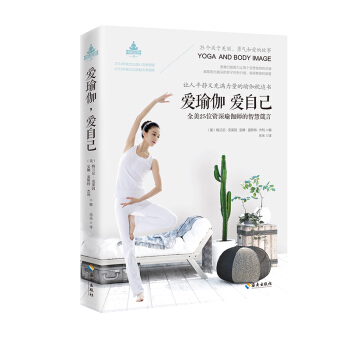
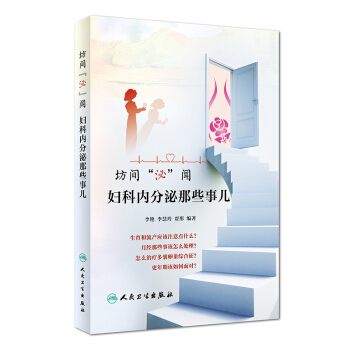
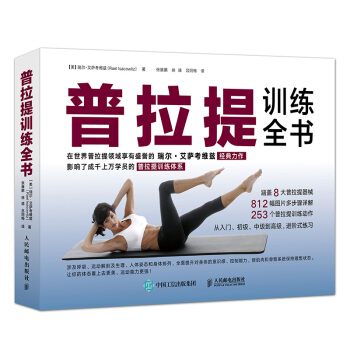
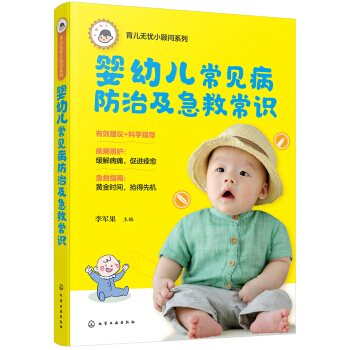
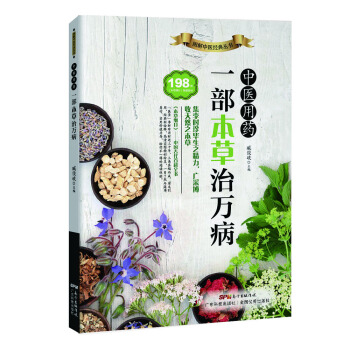
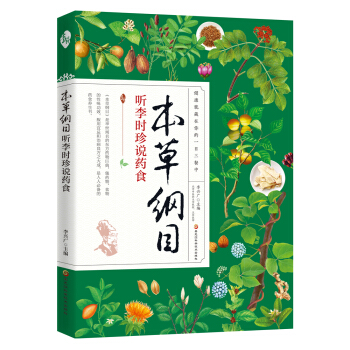

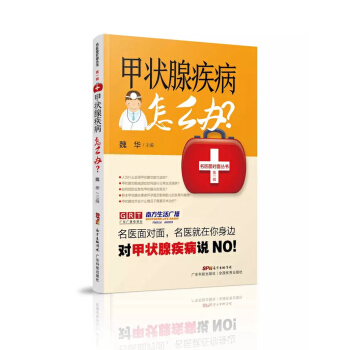
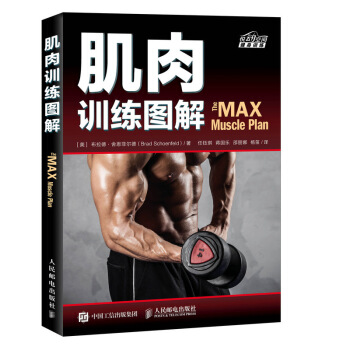
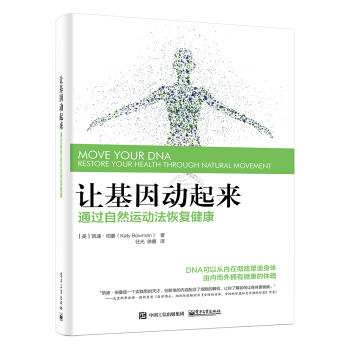
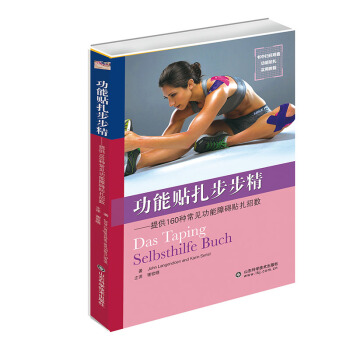
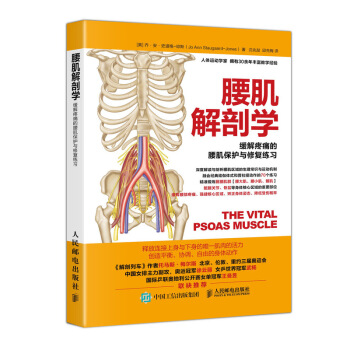
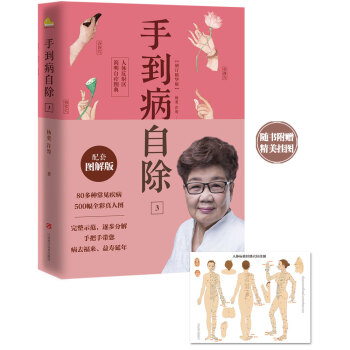
![桥本甲状腺炎90天治疗方案 [Hashimoto's Protocol: A 90-Day Plan for Reversing ] pdf epub mobi 电子书 下载](https://pic.windowsfront.com/12338701/5add94f2N956e5ae0.jpg)
